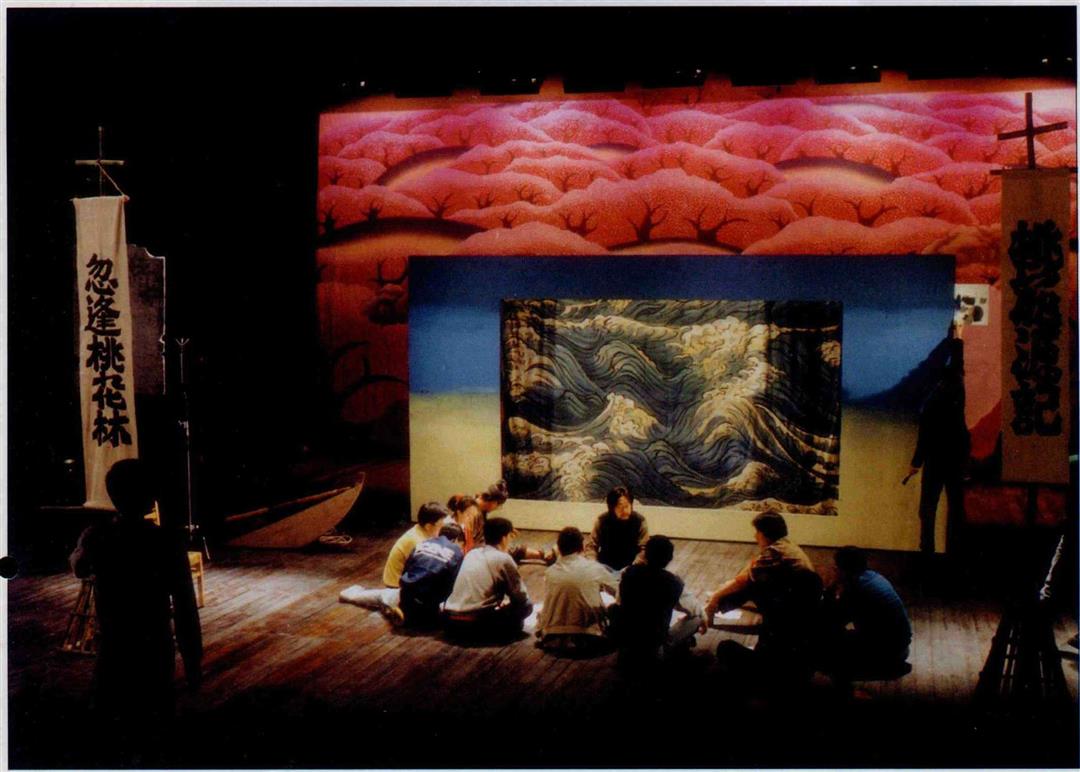From "Sadness" to "Banquet":
Taiwan films have been actively participating in international film festivals ever since City of Sadness. How to give these films exposure, and allow for an appropriate explication of the different and relatively difficult culture that underlies them--for example, City of Sadness describes the February 28 incident from Taiwan's history--depends on comprehensive public relations.
Hsu Li-kung, assistant general manager at the Central Motion Picture Corporation, points out that, "Foreigners don't necessarily understand the February 28 incident that well, but they have great respect for directors like Hou Hsiao-hsien whose work is rich in humanitarian feeling and as powerful as an epic poem."
City of Sadness revolves around the story of the Lin family, from the mining town of Chiufen in Taipei County. Through the fates of the members of the Lin family, it describes the political, economic, and social conditions in Taiwan when the government of the Republic of China first arrived, with a special focus on the lead-in to and effects of the February 28 incident in 1947. Because the incident had long been politically taboo, "City of Sadness" was a much-discussed project from the beginning of filming right up until it brought home its award.
Wolf Chen, Theatrical Marketing manager at ERA International film distributors, states that that was just when Taiwan was emerging from martial law and when native Taiwanese culture was being intensely discussed. Just then the Tienanmen incident occurred, so the whole film fit in perfectly with the times, creating a tremendous impact. "We used the incident to carry out promotion of the film," says Wolf Chen. Thus, although many people found it difficult to understand the film, its high level exposure in the media helped out at the box office.
Hou Hsiao-hsien had gradually gained in name recognition, beginning with his nostalgic films about "the experience of growing up" from the New Wave film period, as he took his work alone to participate in film festivals. By the time of City of Sadness, "Hou Hsiao-hsien had already achieved a considerable status in Europe, and was included in the 'ranks of the masters.' He had intensive interviews starting at 9:00 in the morning, often with the next guy waiting outside the door before the first one had even finished. And if it was a film world insider, the talk would jump right up to the technical level as soon as the two started chatting," relates Hsiung Hsiung-ping.

Before being shot as a film, Stan Lai's Secret Love for a Peach Blossom Spring was a play. It is rather experimental in form. (photo courtesy of The Performance Workshop)